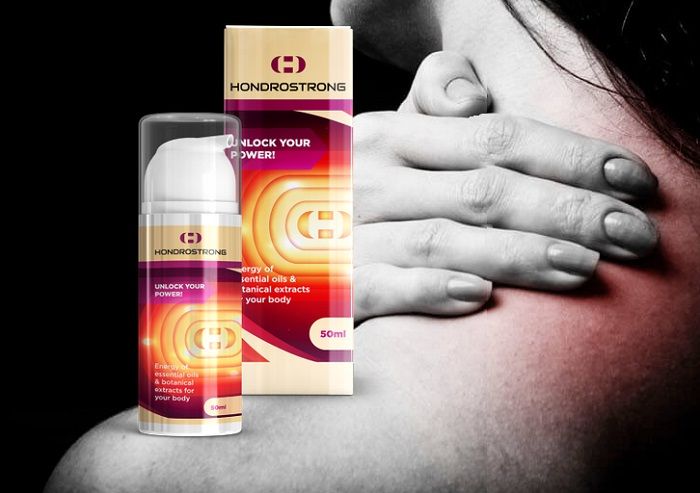- Urticaria, or skin hives, are common, causing itchiness and bumps, impacting physical and mental well-being.
- Hives can lead to social isolation, reduced life quality, financial burden, lifestyle changes, and emotional distress.
- Chronic hives often disrupt sleep, increasing stress levels and leading to mental health issues like depression.
- The financial cost of managing hives can be overwhelming, covering medical treatments and necessary lifestyle adjustments.
- Preventive measures and treatments include sunflower oil, aloe vera gel, and turmeric, aiding in symptom management.
Skin hives, also known as urticaria, are a common skin condition many people experience. Although it’s not serious, it significantly impacts physical and mental well-being. Many people suffering from skin hives can experience other symptoms that can negatively impact their lives. Here’s a look into what skin hives are, how they can affect your life, and ways to prevent it.
What Are Skin Hives?
Skin hives, also known as urticaria, are a common condition that causes red or pink itchy bumps or welts. Skin hives can be caused by various factors, such as allergic reactions from food, medications, insect bites, and even contact with certain fabrics. In some cases, they may occur suddenly and without warning for an unknown reason.
Hives can vary in size and shape and may come and go quickly, lasting anywhere from a few minutes to several days. Sometimes, hives may not disappear altogether but instead move around the body to different areas.
How Can Skin Hives Impact Your Life?
Skin hives can have an enormous impact on your life. Here are some of those ways:

1. Social Isolation
Living with skin hives can be a physically and mentally challenging experience. Some people feel self-conscious about the rash and hive-like bumps that can appear on their skin. They may avoid social situations, public places, or even work to escape this condition’s embarrassment and social stigma. Chronic cases of hives can have a significant social and psychological impact on people. However, it’s important to remember that hives are a common skin condition, and by speaking to your doctor, you can develop ways to overcome this social isolation.
2. Reduced Quality of Life
Hives can be itchy and painful, and it can be challenging to relieve the symptoms. Some people find it difficult to carry out activities of daily living due to the discomfort and distress caused by the rashes. Unfortunately, disruptions to sleep patterns can become common when people experience chronic hives, leading to reduced quality of life. It can also trigger other issues, such as depression and stress, leading to more severe problems.
3. Financial Crushing
The cost of managing hives can pile up fast, and the financial burden can be crushing for many people. In severe cases of hives requiring professional treatment and medication, the medical bills can rack up exponentially, especially for those without proper insurance coverage. Purchasing over-the-counter medications, alternative treatments, and other expenses associated with managing urticaria can also dent one’s pocket.
4. Day-to-Day Lifestyle Changes
Unfortunately, living with hives means you will likely need to make lifestyle changes to help manage symptoms. Many people must keep a strict skincare routine that includes avoiding irritants, improving their diet, and staying hydrated. These modifications can significantly affect daily life and may require extra time, effort, and money.
5. Emotional Impact
Living with hives can also affect someone’s emotions. It can be frustrating and challenging to deal with the rash, itching, and pain that comes along with it. Furthermore, stress can be a trigger that worsens hives and becomes a vicious cycle. The resulting anxiety and depression can affect one’s ability to keep up with daily life.
Prevention
Skin hives can be prevented in various ways. Here are four ways to prevent it:
Sunflower Oil
Oils have the necessary nutrients to nourish your skin. Sunflower oil is one of the most common oils to prevent skin diseases. Now, you might ask how to use sunflower oil for the skin. You can use it by massaging a few drops of sunflower oil on your skin before going to bed. Moreover, you can take a warm bath, add sunflower oil in it for 15 minutes, and then rins it off with lukewarm water.

Aloe Vera Gel
Aloe vera gel is often used to treat skin conditions such as hives. It is gentle on the skin and helps to reduce inflammation, itching, and irritation. Aloe vera gel also helps to protect the skin from free radical damage. To use aloe vera gel for hives, apply a thin layer directly onto the affected area two times a day until you start to see improvement.
Turmeric
Turmeric has been used for centuries in India as an Ayurvedic remedy. It contains anti-inflammatory properties and helps reduce itching and inflammation associated with hives. Mix a teaspoon of turmeric with honey or milk and apply the paste to the affected area. Leave the mixture on your skin until it dries, then rinse off with lukewarm water.
Living with skin hives can present a considerable challenge, affecting numerous aspects of an individual’s life. This common skin condition can significantly disrupt mental well-being and personal emotions. However, it’s critical to remember that numerous preventive measures and treatments can help manage hives, including natural remedies like sunflower oil, aloe vera gel, and turmeric. Individuals can successfully manage this condition by taking proactive steps and consulting with a healthcare professional, reducing its impact on their lives and overall well-being.











